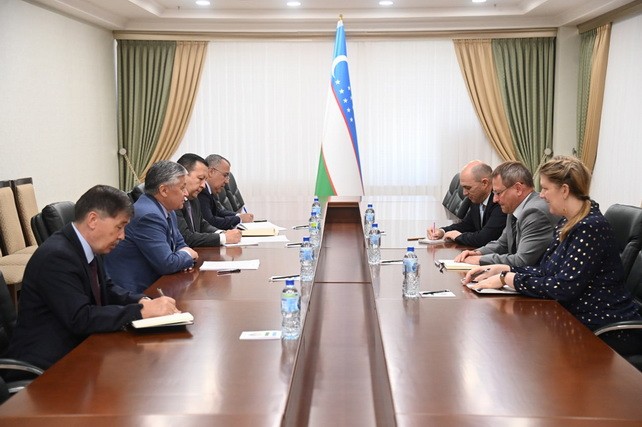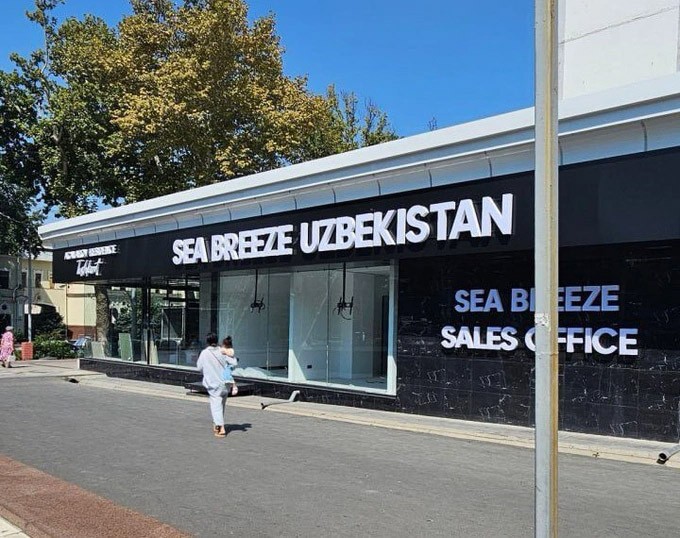Head of Telegram Pavel Durov he gave his first interview to the French publication Le Point, where for the first time he shared details about his will and personal life. In an interview with journalists, the entrepreneur said that his children will have access to his fortune only 30 years after his death. According to Durov, this decision is dictated by the desire to educate them in independence and the ability to build their own lives without relying on inheritance.
"I want them to live like ordinary people, to build their own lives, to learn to trust themselves, to be able to create," the founder of the messenger emphasized.
In the interview, Durov also said that, in addition to six officially recognized children, he is the biological father of more than 100 children born as a result of his anonymous sperm donation. This fact, according to the entrepreneur, remained unknown to the general public for a long time.
Editorial Office maili.uz I translated it from French, as the interviewer explains in the video attached to the interview with Pavel Durov.
"Behind the scenes of our interview with Pavel Durov, founder of Telegram"
There is something romantic about meeting and seeing Pavel Durov again. I received confirmation of the time and place of the meeting only two or three hours before the scheduled date. Meeting places-restaurants, hotels-were booked under false names.
Pavel Durov is only 40 years old. He was born in St. Petersburg and by that age had already founded two major technology companies-VKontakte (the Russian equivalent of Facebook) and, of course, Telegram. Today, this messenger is used by more than a billion people around the world, and all its shares are owned by Durov himself.
I've been trying to get an interview with Durov for about ten years. This person is amazing, fascinating and at the same time extremely closed. In search of his tracks, I visited St. Petersburg and found the school of mathematics where his brother Nikolai studied, who played a key role in the creation of VKontakte and Telegram. I went to the vicinity of Helsinki, where Durov sometimes stops, and to Dubai, where Telegram is headquartered.
The first meeting was informal and, to my surprise, lasted three to four hours. We talked about history, ecology, his concerns about microplastics, raising children, and passing on his legacy. In total, several meetings were held — a format that is very different from typical interviews with Silicon Valley leaders, where they usually give 30-60 minutes. Confirmation of the time of each meeting came only two or three hours before it. Durov appeared and disappeared unnoticed, most often accompanied by a bodyguard. It was possible to confirm the possibility of a photo shoot only during a conversation. Fortunately, I was able to warn the photographer in advance by text message.
During the conversation, Durov showed amazing attention to the interlocutor. Almost always, he does without a mobile phone, because he is afraid of dependence on gadgets. His wariness is also explained by the fact that in the past he was subjected to surveillance through the Pegasus spyware. He is careful with electronic devices, which seems paradoxical for the head of a technology company. In conversation, he is sincere, does not hide emotions-from sadness and sensitivity to anger.
Durov admits that he is misunderstood in France and that he himself does not understand the reasons for the restrictions imposed on him, in particular the ban on leaving the country without a special permit. This he considers unfair. Telegram is accused of insufficient content moderation and weak cooperation with the authorities in the fight against illegal use of the platform-from child pornography to terrorism and drug trafficking. Durov claims that the company has attracted a large number of moderators and actively cooperates with the justice system and special services.
Telegram is at the center of economic and geopolitical developments, as well as at the epicenter of a heated debate about the limits of free speech and security requirements. Durov calls the struggle for freedom of speech his principle — this is also connected with his emigration in 2014, when he refused to submit to the Russian regime. He openly criticizes France, although he sincerely loves its culture and Paris, where he walks for two or three hours in the evenings.
Durov leads a special lifestyle: he refuses green and black tea, coffee, alcohol — anything that can cause addiction. He follows a strict discipline: he does 300 push-ups and 300 squats daily, stays up late to work, and eats only twice a day."












